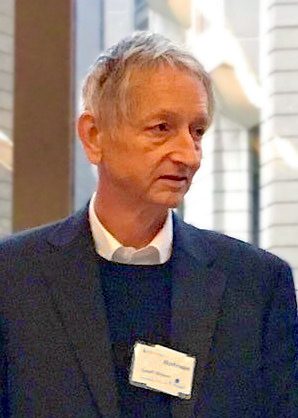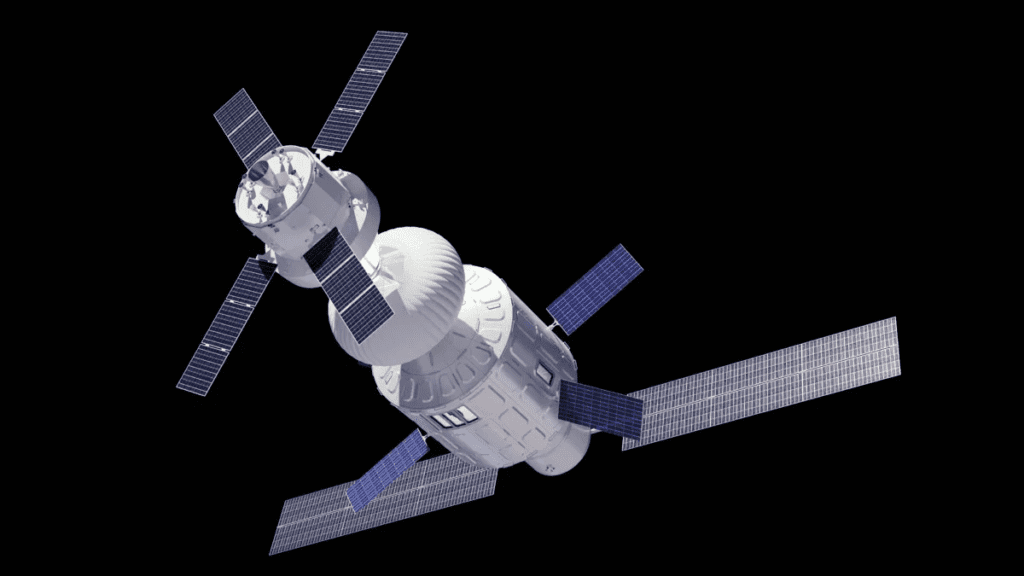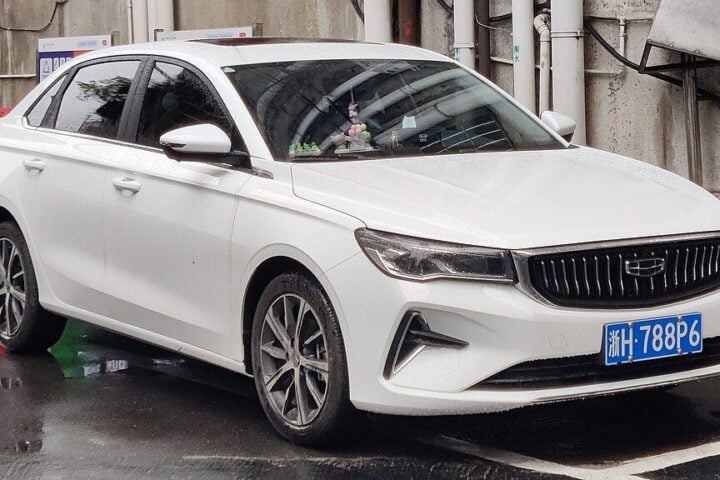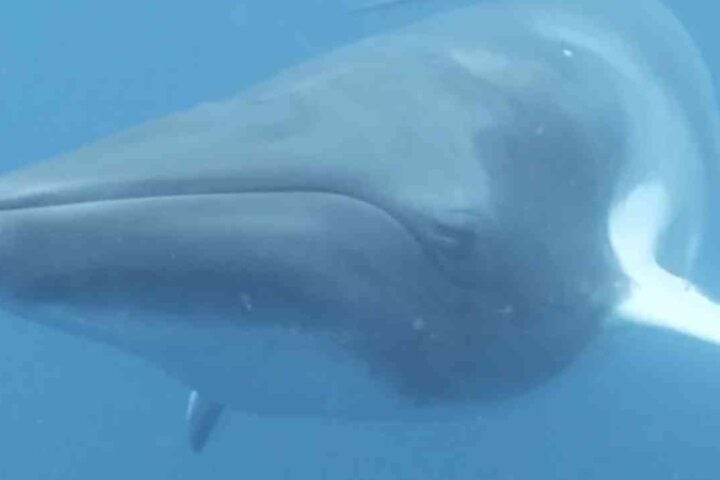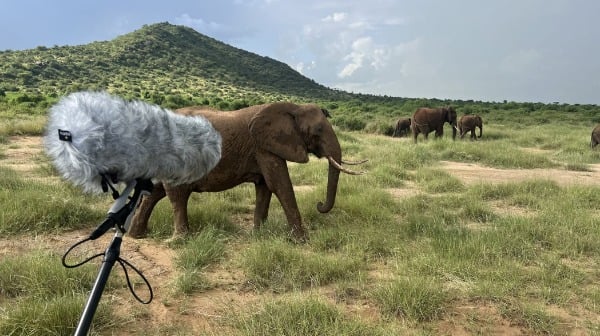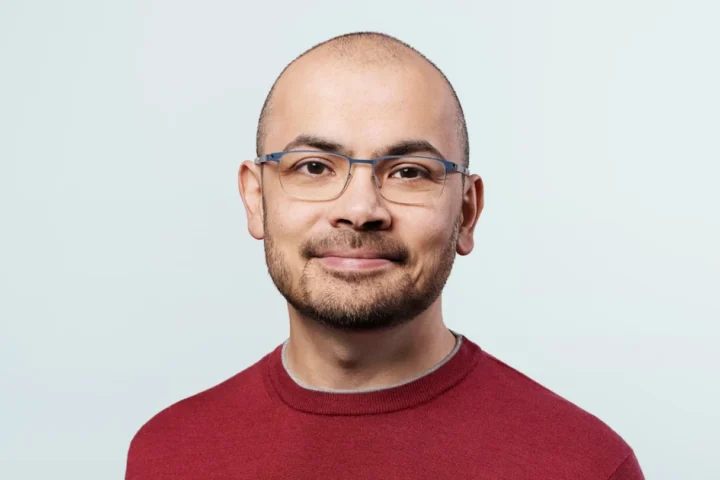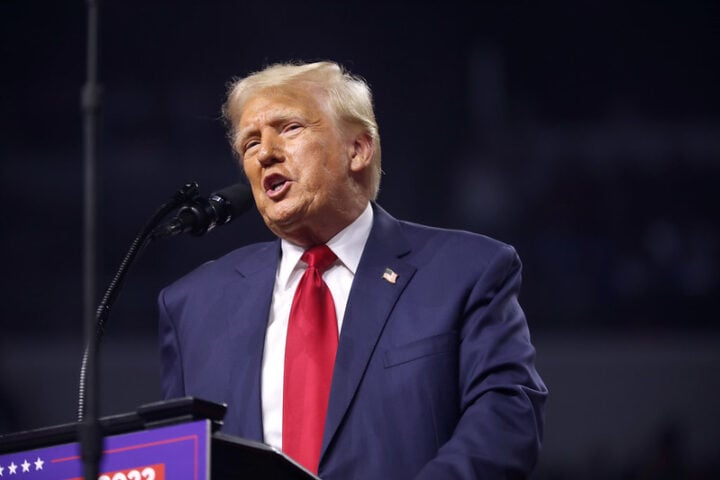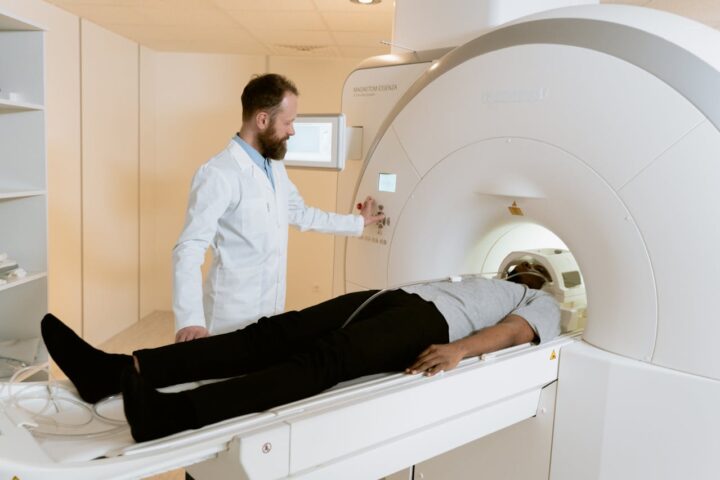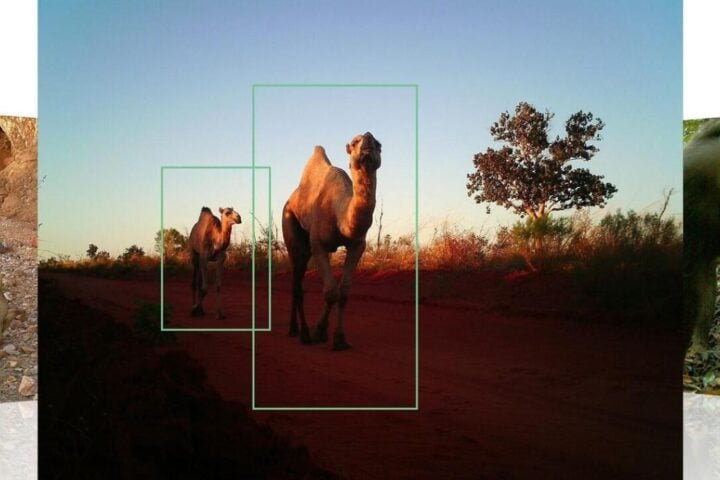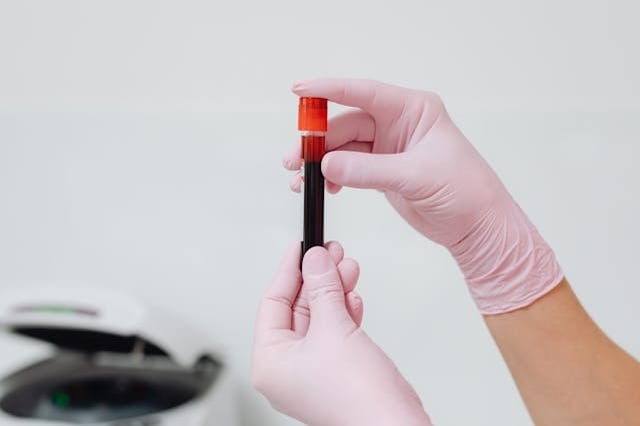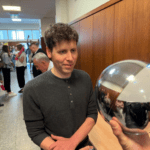An artificial intelligence (AI) pioneer, Geoffrey Hinton, a.k.a. Godfather of AI, created the technology that became the foundation for the AI systems that the tech industry’s biggest companies believe are a key to their future.
Geoffrey Hinton recently joined a growing chorus of critics who say those companies are racing toward danger with their aggressive campaign based on generative AI. In order to speak out about the risks of AI, Dr. Hinton has quit his job at Google, where he has worked for more than a decade.
Regretting his life’s work, he believes that if he had not done it, someone else would have. It is believed by industry leaders that the new AI systems could be as important as the introduction of the web browser in the early 1990s and could lead to a breakthrough in areas ranging from drug research to education.
Gnawing at many industry insiders is a fear that they are releasing something dangerous into the wild. An open letter is signed by more than 1,000 technology leaders and researchers, calling for a six-month moratorium on the development of new systems because AI technologies pose “profound risks to society and humanity”.
A 75-year-old British expatriate, Dr. Hinton is a lifelong academic whose career was driven by his personal convictions about the development and use of AI. In 1972, Dr. Hinton embraced an idea called a “neutral network,” which is a mathematical system that learns skills by analyzing data.
During the 1980s, when he was a professor of computer science at Carnegie Mellon University, he left and joined the University in Canada as he was reluctant to accept Pentagon funding. In 2012, a neutral network was built by him and two of his students to analyze thousands of photos and teach itself to identify common objects, such as flowers, dogs, and cars.
The 75-year-old tech trailblazer, Geoffrey Hinton, who recently said he regrets his life’s work in the field of AI due to the threat it poses to humanity, has been inundated with requests to share his knowledge.
The Guardian was told by him that he will share his wisdom with Bernie Sanders, Elon Musk, and the White House, but he is not on board with the “private ownership of the media and of the means of computation.”
As a socialist, Hinton believes Google is legally obliged to maximize utility for its shareholders. Open AI’s chief scientist, Ilya Sutskever, worked with Dr. Hinton on his research in Toronto. Google, OpenAI, and other companies began building neutral networks that learned from huge amounts of digital text around the same time.
Although Dr. Hinton thought the systems were inferior to the human brain in some ways, they were eclipsing human intelligence in others. AI systems become more dangerous as companies improve them. Dr. Hinton is worried that the internet will be flooded with false photos, videos, and text and that AI technologies will upend the job market.
Dr. Hinton also fears that future versions of the technology pose a threat to humanity because they often learn unexpected behaviors from the vast amounts of delta they analyze. According to Dr. Hinton, a day may come when truly autonomous weapons—those killer robots—become a reality.
His belief is that the race between Google, Microsoft, and others will escalate into a global race that will not stop without some sort of global regulation. Dr. Hinton believes that the best hope is for the world’s leading scientists to collaborate on ways of controlling the technology.
Apple cofounder Steve Wozniak, Elon Musk, and over 1,100 other prominent technologists and AI researchers are calling for a 6-month ban on any AI developments so that governments can catch up and put in place” governance systems”. Senator Bernie Sanders recently proposed introducing a robot tax to mitigate “millions of workers” losing their jobs at the hands of billionaires.
Having spent decades researching deep learning and laying the groundwork for AI, Dr. Hinton is stumped for answers. A graduate student at the University of Edinburgh, Hinton has been researching neural networks, mathematical models that mimic the workings of the human brain and are capable of analyzing vast amounts of data.
He and two of his students launched DNN Research, which Google acquired in 2013 for $44 million, where their breakthrough Turing Award-winning research would ultimately pave the way for the creation of AI today.
Not optimistic about the future, Hinton doesn’t know any examples of more intelligent things being controlled by less intelligent things. Hinton believes that as long as they are talking to us, they can make us do things.
